
The Osage Murders: A Dark Legacy
By Storybird

20 Sep, 2023

The early 1920s marked an era of prosperity for the Osage Nation. The discovery of valuable oil reserves underneath their lands in Oklahoma had significantly improved their fortunes.

With newfound wealth came greed and envy from those who sought to exploit the Osage. A string of mysterious murders, known as the "Osage Indian Murder," occurred during this period.

The necessary measures were taken, and the reigning tribal leaders asked the newly formed Federal Bureau of Investigation (FBI) to look into the murders.

The FBI appointed its young director, J. Edgar Hoover, to lead the investigation.

Hoover assigned Tom White, an experienced Texas Ranger, as the primary agent on the case.

White went undercover with his team, disguising themselves as cattlemen, insurance agents, and other roles to infiltrate the shady circles.

White's team faced numerous challenges. From mistrustful locals, law enforcement corruption, and a labyrinth of deceit, the task seemed increasingly daunting.

During their investigation, they discovered that the murders were part of a calculated scheme to inherit the Osage's oil wealth.

The culprits were locals who married Osage members, plotted their deaths, and then inherited their oil fortunes.

Hoover and White managed to expose the vile conspiracy through solid detective work and began rounding up suspects.

They arrested William K. Hale, a wealthy landowner, along with his nephews.

The trials were heavily publicized, and the men were found guilty of murdering several Osage victims.

Hale was sentenced to life imprisonment. The trials were significant in the FBI's history as it bolstered its reputation for solving complex cases.

Yet, many unanswered questions remained. The case exposed the systemic racism and cupidity that had plagued the Osage Nation.

Despite the convictions, many murders remained unsolved, and justice for numerous victims was still out of reach.
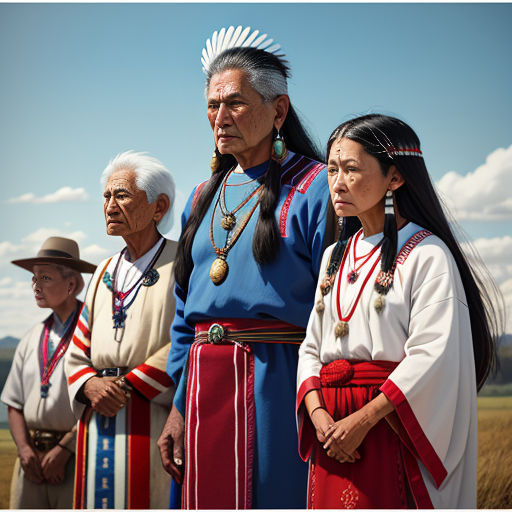
The impact of the Osage murders had far-reaching effects on the Osage Nation and their relationship with the United States.
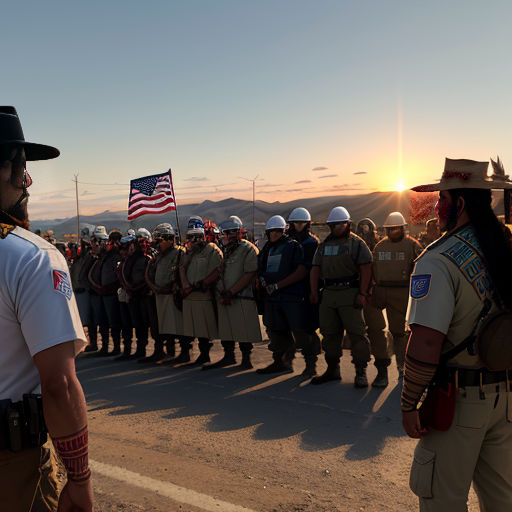
The case also drew attention to the plight of other Native American tribes exploited for their land and resources.

The Osage murders remain an essential chapter in history, a bleak reminder of exploitation, systemic racism, and the pursuit of justice.

The story of the Osage murders serves as a stark reminder of a past marred with greed, deception, and murder.

Today, the Osage Nation continues to remember this dark chapter in their history, a bitter legacy they will never forget.
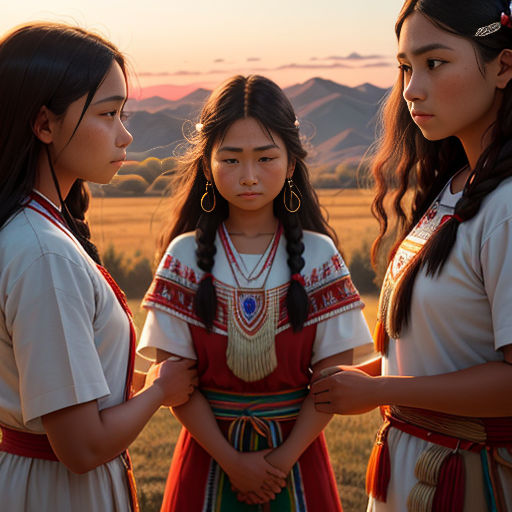
As a token of their resilience, the Osage people strive to ensure that the horrors of their past will never be repeated.

They continue to mourn their loved ones lost in this dark chapter of their history, cherishing the memories of those cruelly taken away.

The Osage's legacy serves as a beacon of truth and a challenge to us all to confront the deeds of the past and seek justice for all.
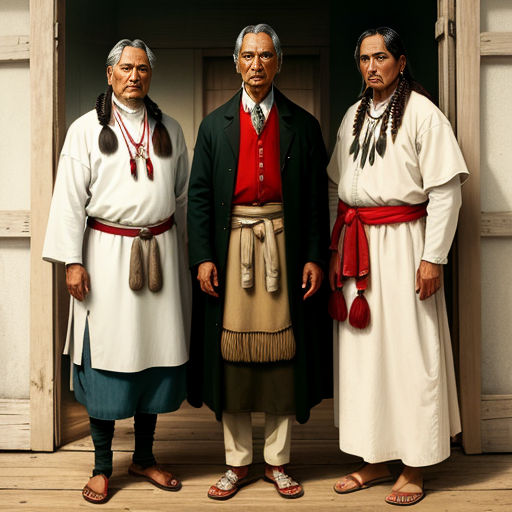
The tale of the Osage Indian murders remains an important part of American history.

Many books and documentaries, including "Killers of the Flower Moon," have shed light on this intricate web of deception and murder.

Remembering these events and learning from them is crucial for societal understanding and progression.

The haunting legacy of the Osage murders is a poignant reminder of the darker sides of human nature and the arduous pursuit of justice.

Yet, it is also a tale of resilience, as the Osage people continue to persevere and thrive despite the painful wounds of their past.

The story of the Osage Indian murders and its subsequent resolution remains an unforgettable chapter in the annals of the FBI.

It signifies the enduring spirit of humanity in the face of injustice and the quest for truth amidst a complex web of deceit.

The legacy of the Osage murders lives on as a solemn testament to the resilience of a people wronged and a justice system that's far from perfect.

It continues to resonate in the collective consciousness of the Osage Nation, reminding us all of the cost of greed and the value of justice.
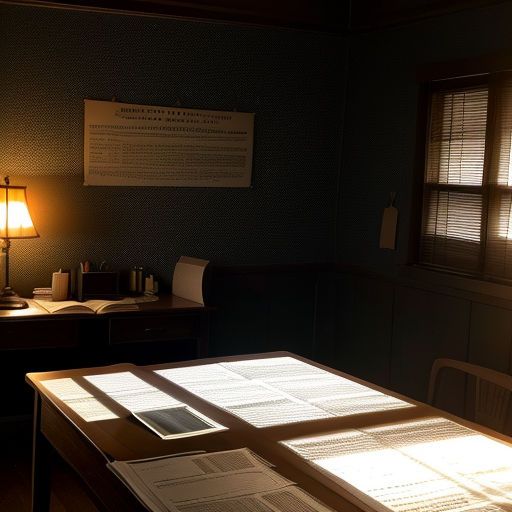
The Osage Indian murders, although a grotesque manifestation of the darker side of human nature, also represent the tenacity of the human spirit in pursuit of justice.

And as the Osage Nation continues to thrive and remember, the quest for justice, truth, and dignity for all lives on.
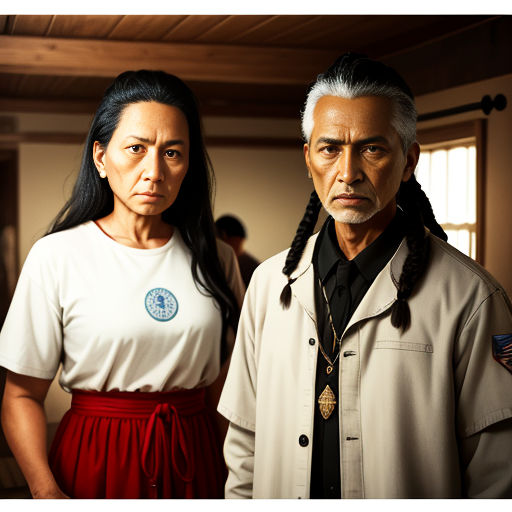
In the end, the legacy of the Osage murders serves as a sobering reminder of history and the arduous journey towards justice for all.